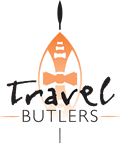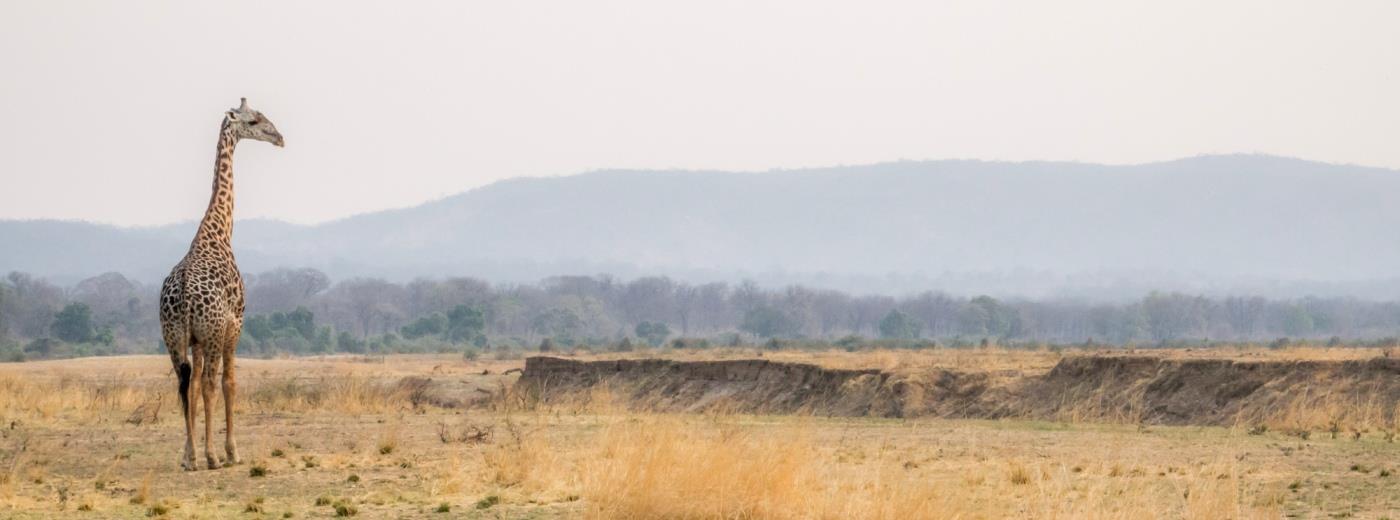All you need to know for your holiday to Zambia
Travel Alerts
CURRENT ENTRY RULES IN RESPONSE TO CORONAVIRUS (COVID-19) - Updated 21 March 2023:
On 21 March 2023 the Zambian Ministry of Health announced the lifting of all COVID-19 travel related restrictions at points of entry with immediate effect. All travellers to Zambia are no longer required to show proof of vaccination, recovery or testing against COVID-19.
Visa Requirements
Latest Travel Updates
For up-to-date travel information from the UK government, please check:
UK Government Advice: www.gov.uk/foreign-travel-advice/zambia
As of 01 November 2022, passengers carrying passports from the UK, the USA, Canada, Australia or the European Union will no longer have to purchase visas in order to enter Zambia and can obtain a free visa on arrival. Please note this ruling may be subject to change at short notice.
If you are a passport holder from another country, please contact your local Zambia High Commission or Embassy for up-to-date visa requirements or check here:
https://www.zambiaimmigration.gov.zm/nationals-who-dont-require-visa/
https://www.zambiaimmigration.gov.zm/nationals-requiring-visa-prior-to-travel/
Visas can issued at any Zambia Embassy, online via https://evisa.zambiaimmigration.gov.zm/#/ or single or double entry visas can be obtained on arrival. You cannot get a multiple entry visa on arrival.
If you plan to get a visa on arrival, make sure you have the correct amount of cash (US dollars) with you as change may not be available. If you enter through Kenneth Kaunda International Airport in Lusaka or the Harry Mwanga International Airport in Livingstone, you can now make payment for single and double entry visas via credit card at the Zambian Immigration desks.
Visa costs (subject to change) are as follows: Single Entry Visa USD 25 per person; Double Entry Visa USD 40 per person; Multiple Entry Visa USD 75 per person; Day Tripper Visa USD 10 per person (enter and exit through same port); Transit Visa USD 50 per person.
For visitors wanting to travel across to Zimbabwe, the KAZA UniVisa is also an option (although unfortunately this is not always available). This visa allows tourists of certain nationalities to travel freely between Zambia and Zimbabwe, within a 30 day period from the date of their first entry.
This same visa will also allow those who cross into Botswana for a day trip and who require a visa to do so to come back into Zambia (or Zimbabwe) without paying any extra visa fees - please note however it is not valid if staying in Botswana overnight.
The UniVisa can ONLY be obtained at SELECTED border posts - the international airports in Lusaka and Livingstone and at the land borders at Livingstone (Zimbabwe border) and Kazungula (Botswana border) - the current price is USD 50 per person (subject to change) and is valid for 30 days. You can also apply online via https://www.zambiaimmigration.gov.zm/kaza-univisa/
To check whether you are eligible for this visa, please visit https://www.zambiaimmigration.gov.zm/kaza-univisa/.
For everyone entering Zambia, your passport should be valid for a minimum period of 6 months from the date of entry and have at least 2 blank pages for entry/exit stamps.
PLEASE NOTE: Countries can change their entry requirements at any time. Travel Butlers try to ensure that the information displayed here is correct, but the onus remains with the traveller to verify the information with the relevant High Commission or Embassy and ensure that they can comply with the applicable entry requirements.
Medical Considerations
You are advised to contact your doctor or clinic around 4-8 weeks before your trip to check whether you need any vaccinations and to get their professional medical advice regarding travel to Zambia.
To help prevent diarrhoea, avoid tap water – drink only bottled water and use bottled water for tooth brushing, and avoid ice made with tap water – and only eat fruit or vegetables that are cooked or can be peeled.
To help avoid heatstroke, drink plenty of bottled water/fluids, and keep out of the midday sun.
There is no risk of yellow fever in Zambia, so a yellow fever vaccination is NOT required for travellers whose sole destination is Zambia. However, in accordance with International Health Regulations, Zambia requires all travellers over one year of age arriving from a yellow fever risk country, or having been in transit longer than 12 hours at the airport of such a country, to have a yellow fever certificate. These countries include Kenya and Uganda but it is up to the traveller to check the full list here https://nathnacyfzone.org.uk/factsheet/60/yellow-fever-maps
There is a risk of malaria in all areas of Zambia - check with your doctor about suitable antimalarial tablets. Dengue fever can also be transmitted via mosquito bites. Try to avoid mosquito bites wherever possible - wear loose long-sleeved clothing and trousers, and use a repellent on clothing and exposed skin.
Tsetse flies are found throughout some of Zambia's National Parks, especially in the Luangwa Valley and Kafue National Park. There have been some cases of sleeping sickness occurring after a tsetse fly bite, although these are mainly amongst farmers and other locals who have repeated exposure to bites. However, the fly can still deliver a painful bite, so it is advisable to take necessary precautions - don't wear dark colours, especially black and blue (including denim), wear long-sleeved clothing and trousers, and don't walk through bushes during the hottest part of the day.
language and people
The official language of Zambia is English. Commonly-spoken indigenous languages number over 70 and include Lamba, Kaonde, Tumbuka, Ngoni, Ila,Senga, Chewa, Chibemba, Nsenga Chinyanja, Lunda, Chitonga, Kaonde, Silozi, Nkoya, and Luvale.
We would ask that all travellers are respectful of the local culture as follows:
Homosexuality is illegal in Zambia. Whilst everyone is of course entitled to their own sexual preferences and gender identity, we would advise all clients of the LGBT+ community to refrain from public displays of affection (including kissing and holding hands) and to be as discrete as possible about their relationship.
You should always ask permission before taking anyone’s photograph.
Avoid taking pictures of sensitive sites including power stations, explosives factories, pumping stations, army barracks, government buildings, river junctions, road and rail bridges, the Ndola Oil refinery, mining areas and airports. If in doubt, don’t take pictures.
currency
The currency in Zambia is the Kwacha. Cash US Dollars are accepted for domestic transactions (ie purchases made in Zambia). There are banks and Automatic Teller Machines (ATM) in Livingstone, Mfuwe and in Lusaka Airports and some bureau de change facilities in Lusaka Airport. If you are changing USD be sure to bring notes of varying denominations since change is often a problem in Africa and all notes must have 'large heads' - the old series notes with small heads are no longer accepted anywhere in Zambia.
Credit cards are accepted in many places but it is safer not to rely on any single card to get you through Africa. Authorisation usually needs to be obtained for larger purchases and this is sometimes difficult to obtain. Most credit card transactions will also attract a surcharge of around 5% of the total invoice amount. Visa is the easiest card to use in Zambia, followed by MasterCard and then American Express.
climate
You can read more about the climate in our guide to the best time to visit Zambia.
phone coverage
The International Dialling Code for Zambia is +260, followed by the regional code and then the number. Zambian emergency telephone numbers are as follows : 999 - from fixed lines 112 - from mobile phones
electricity
Zambia runs on 220 - 240 volts using British style square pin plugs.
time zone
Zambia Standard Time is 2 hours ahead of Greenwich Mean Time (GMT+2) and they do not operate Daylight-Saving Time.

